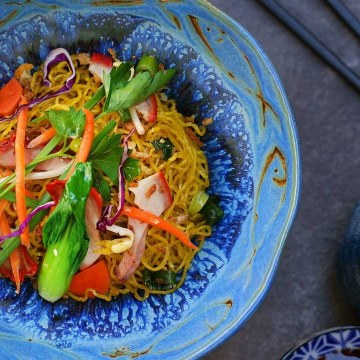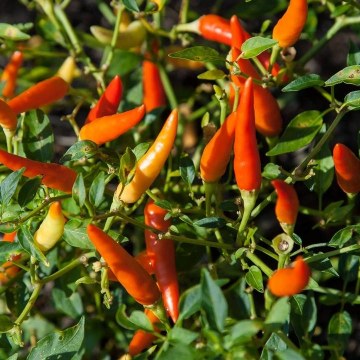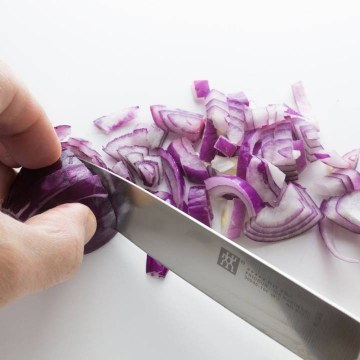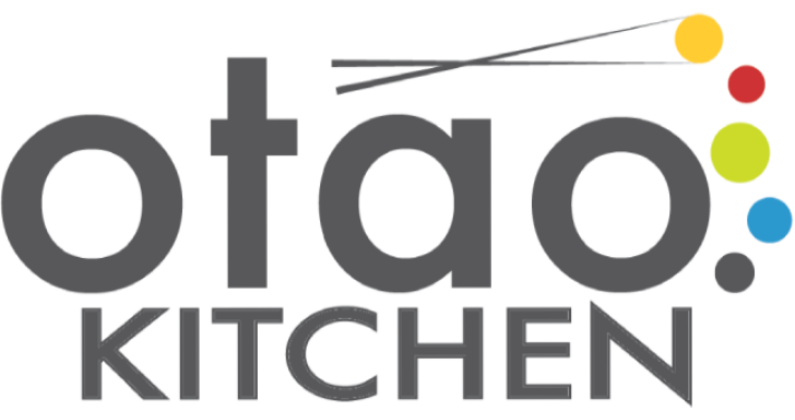
Blogs
The Ultimate Guide to Rice: Types, Preparation, and Cooking Tips
Rice is one of the most widely consumed grains in the world, forming the foundation of meals in nearly every Asian cuisine. From fluffy basmati to sticky glutinous rice, the type you choose and how you prepare it can make or break a dish. Whether you're attending a cooking class at Otao Kitchen or simply cooking at home, this guide will help you choose, wash, and cook rice perfectly every time.

Stir-frying is one of the quickest and most satisfying ways to prepare a delicious, healthy meal. Originating in China over 1,500 years ago, this versatile cooking method has become a staple in home kitchens around the world. At its core, stir-frying is all about cooking bite-sized ingredients in a small amount of very hot oil while stirring constantly.
Whether you’re preparing a midweek dinner, using up leftover vegetables, or cooking for a crowd, stir-frying is a technique worth mastering. And the good news? You don’t need a commercial kitchen to get great results at home.
Why Stir-Fry? The Benefits
-
Fast: Most dishes take under 15 minutes once prep is done.
-
Healthy: Minimal oil, short cook times, and loads of vegetables.
-
Flexible: Great for using whatever you have in your fridge.
-
Flavourful: High heat seals in the juices and boosts umami-rich browning.
Chinese Pantry Essentials: What You Need to Cook Authentic Chinese Food at Home
Stocking your pantry with the right ingredients is the first step to unlocking the bold flavours of Chinese cuisine. Whether you’re diving into stir fries, soups, dumplings, or braised dishes, having the right pantry staples makes all the difference.
At Otao Kitchen, we teach thousands of people each year how to cook authentic Chinese dishes. Here’s a breakdown of the essential ingredients we recommend to start your Chinese cooking journey at home.

A Regional Journey Through Chinese Food Culture
China’s Four Great Regional Cuisines
China's food culture is famously diverse, with four primary regional styles — Chuan (Sichuan), Lu (Shandong), Yue (Cantonese), and Huaiyang (Jiangsu) — representing the west, north, south and east of the country. These cuisines differ in flavour, technique, and ingredients, but all honour the traditional Chinese emphasis on colour, aroma, and taste.
China has 4 main regional food groups: Chuan, Lu, Yue and Huaiyang, representing west, north, south and east Chinese cuisines. Colour, smell and taste are the three traditional aspects used to describe Chinese food. In another way, Chinese chefs classify eight regional Chinese cuisines according to their distinct tastes and local specialties. Perhaps the best known and most influential cuisines of China are Cantonese, Shandong, Jiangsu and Sichuan. Many traditional regional foods also feature basic methods of preservation such as drying, salting, pickling and fermentation.
Chinese food has influenced many other cuisines, catering to local palates for many years. Food staples are rice, soy sauce, noodles, tea and tofu. Many day-to-day utensils such as chopsticks, woks and rice cookers can now be found in kitchens globally. China has many ethnic backgrounds which have their own preference for seasoning and cooking techniques.
For an even deeper classification, Chinese chefs recognise eight major cuisines, each shaped by geography, history, and climate. Among the most influential are:
-
Cantonese (Yue): Known for delicate techniques and fresh seafood.
-
Shandong (Lu): Salty, savoury dishes featuring wheat, soups, and seafood.
-
Jiangsu (Huaiyang): Elegant and balanced, with precise knife skills and stewing methods.
-
Sichuan (Chuan): Bold, spicy and aromatic, famous for Sichuan peppercorns and hotpot.
Many regional dishes also feature traditional preservation methods like drying, salting, pickling, and fermentation, ensuring ingredients were available year-round.
Want to cook your own regional Chinese feast? Join our Chinese Cooking Class in Melbourne »

A Hot Guide to Chillies in Australia: Types, Heat & Handling Tips
Whether you're whipping up a spicy Thai salad, crafting a zingy salsa, or garnishing your favourite Vietnamese dish, chillies bring fire and flavour like no other ingredient. The heat comes from capsaicin, a natural compound that tricks your brain into thinking you're burning – even though you're not!
At Otao Kitchen, we love using chillies in our hands-on cooking classes, from Thai and Vietnamese to Mexican and Indian cuisines. Here’s your guide to the most popular chillies in Australia—fresh and dried—as well as tips for handling them safely.

How to Prevent Onion Tears
No, you're not getting emotional—those tears are thanks to Propanethiol S-oxide, a gas released when onion enzymes are broken down. When this gas reaches your eyes, it forms a mild sulfuric acid that makes them sting and water.
Luckily, there are a few clever tricks to stop the sobbing:
